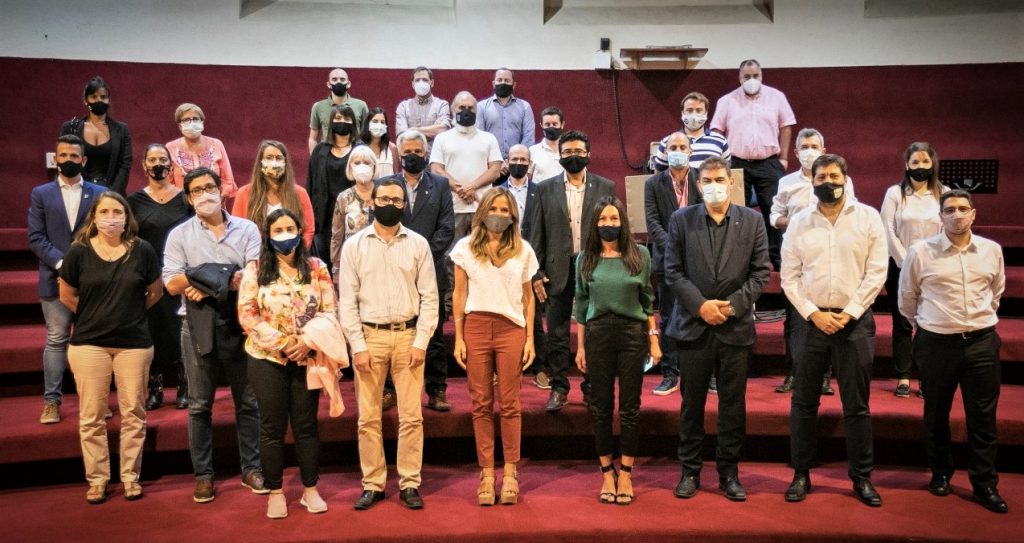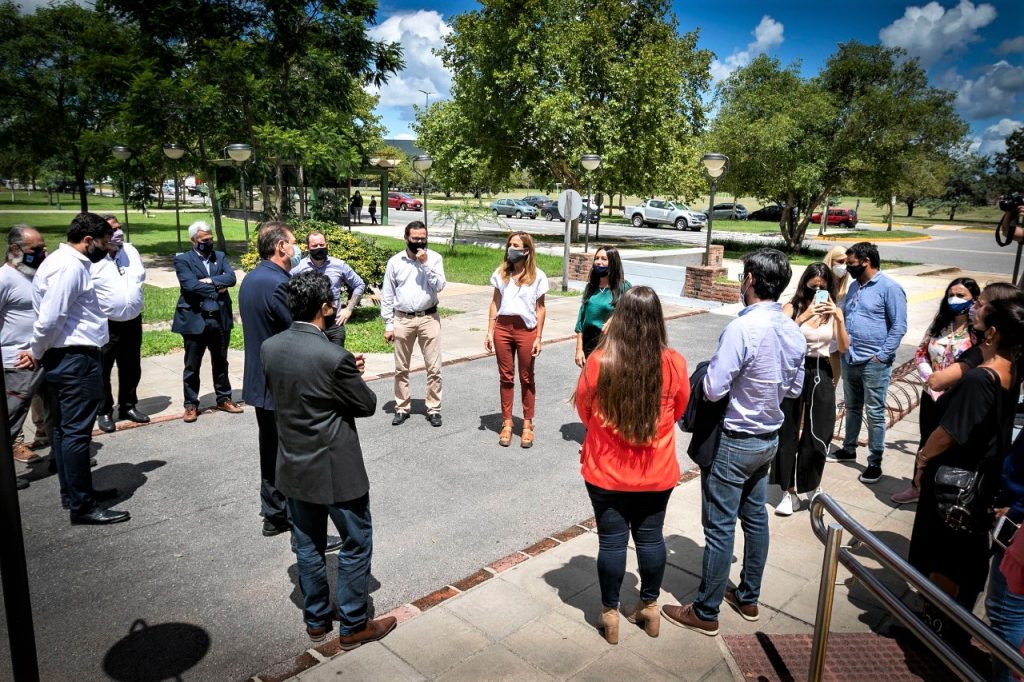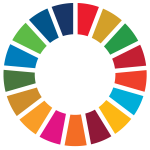Esta web utiliza cookies para que podamos ofrecerte la mejor experiencia de usuario posible. La información de las cookies se almacena en tu navegador y realiza funciones tales como reconocerte cuando vuelves a nuestra web o ayudar a nuestro equipo a comprender qué secciones de la web encuentras más interesantes y útiles.
Coordinating the national agenda of SDGs with Universities: Policies and Actions Launched in Argentina
Description
Institution
National Council for Coordination of Social Policies

Organizations/areas of the university involved
National Council for Coordination of Social Policies- CNCPS/ National Interuniversity Council/ Council of Rectors of Private Universities/ National Universities
Country
argentina
Link to learn more...
The CNCPS is the Argentinean institution that coordinates the implementation of the Agenda 2030. This case describes the framework generated as well as future actions on Education for the SDGs.
The National Council for the Coordination of Social Policies (CNCPS) is the Argentine coordinator for the national implementation and monitoring of the 2030 Agenda. Its implementing strategy is focused on mobilizing different types of resources and deepening multi-stakeholder and multi-level alliances. It is about advancing with the implementation of the 2030 Agenda, contributing to the strengthening of a regional and global integration that in turn is a social, productive and democratic integration.
With academia, CNCPS has cooperation agreements established through agreements with both public university and private sectors. In the first case, through the agreement signed in February 2017, with the National Interuniversity Council in which both pledged to carry out collaborative efforts. In the second, through the agreement signed in November 2018 with the Council of Rectors of Private Universities, the coordination and integration of initiatives that contribute to the effective implementation of the 2030 Agenda was established.
Given this framework the CNCPS since 2020 is implementing an approach that implies the incorporation of the Agenda 2030 to the university’s activities. This process starts with the signature of framework cooperation agreements w hich is the main scope is to coordinate and integrate initiatives of their respective institutional competencies that contribute to the effective implementation of the 2030 Agenda for Sustainable Development in our country and its corresponding Goals.
In addition to the signature, we expect to coordinate academic activities with other actors such as NGO’s and non-formal education institutions. Also collaborate into joint initiatives with local governments for the development of public policies for the implementation of the 2030 Agenda. Within this proposal the involvement of the universities will allow the development of public policies in local governments related to the SDGs, supported by the productive sector.
Results and impact measured or expected
The launching of this strategy has started showing some of the expected outcomes. On this regard, during the first year of implementation over 10 framework cooperation agreements have been negotiated and 3 are expected to be signed in May- June 2021. The negotiation of this agreements has started a process of consolidation of a roadmap with the universities. The ongoing agreements are to be signed with institutions located all over the country, covering many of the different provinces of Argentina. In one of the cases, we are currently consolidating special training on SDGs in synergy with regional institutions, in others the joint work has allowed an identification of on-going initiatives that adequate the Agenda 2030 to the universities curricula.
Connection with the SDG framework
The approach to the 2030 Agenda and the implementation of its objectives should try to take advantage of the training potential of universities to train people who must implement the SDGs. By this we mean providing university students and staff with the knowledge, skills, and attitudes necessary to address the complex challenges of sustainable development, articulated by the 2030 Agenda. Action guidelines are presented for the incorporation of the SDGs within the university environment in articulation of the CNCPS. In this sense, the strategy launched by CNCPS includes the formalization of a roadmap in four scales. These scales can generally include the following activities: strengthening the link with the sustainable development of local communities and the link with local governments; the direct contribution of the universities to the fulfilment of the goals of SDGs; the activities tending to enhance the visibility of the Agenda 2030, and formal education.
Barriers and follow up
Launching an initiative in 2020 has the impact of the COVID-19 pandemic sanitary emergency. In this sense, the CNCPS started joint dialogues with universities authorities during the first trimester of 2020. Nonetheless, the This situation has required a rapid adaptation to universities to the digitalization of all their activities which tended to delay on the approach with CNCPS. Nonetheless we have found a good reception and interest once the situation started to be normalized. In addition to the latter, during the summer of 2021 (Dec-March) CNCPS was able to have personal meetings with some of the involved universities. This allow to foresee future adaptation to the roadmap and upcoming activities to be implemented.
Transferability of the initiative
The implementation of this approach has already shown its transferability, this is shown by the wide reception, and the geographical distribution of the different agreements to be signed. The foregoing could demonstrate future scalability in the country and the possibility of being an intervention model for other cases in the region.
Education 4 SDG funciona gracias a WordPress


